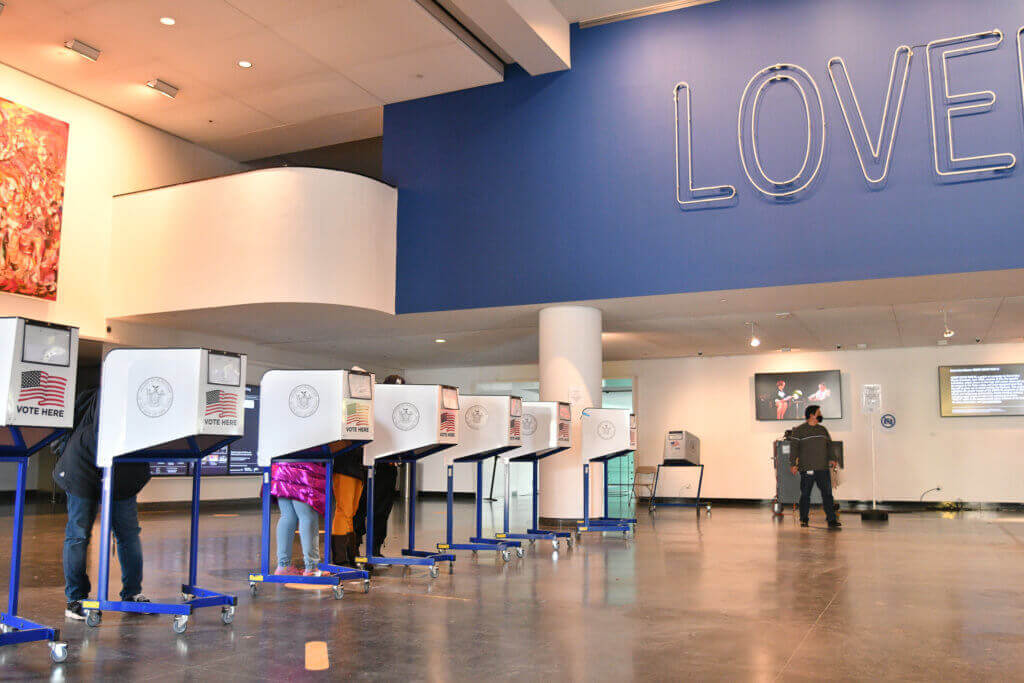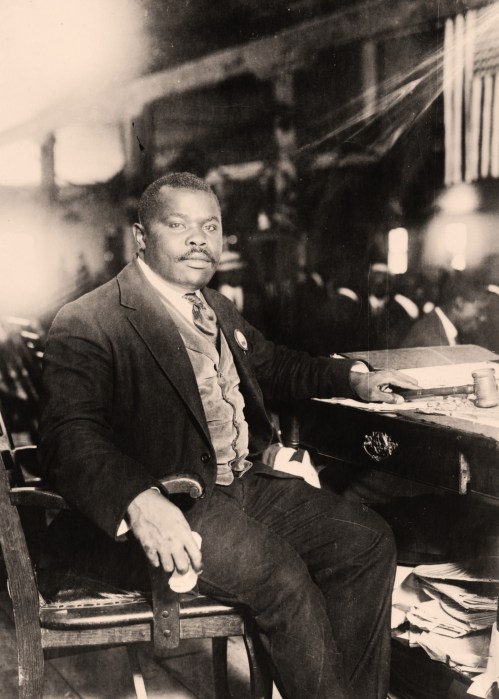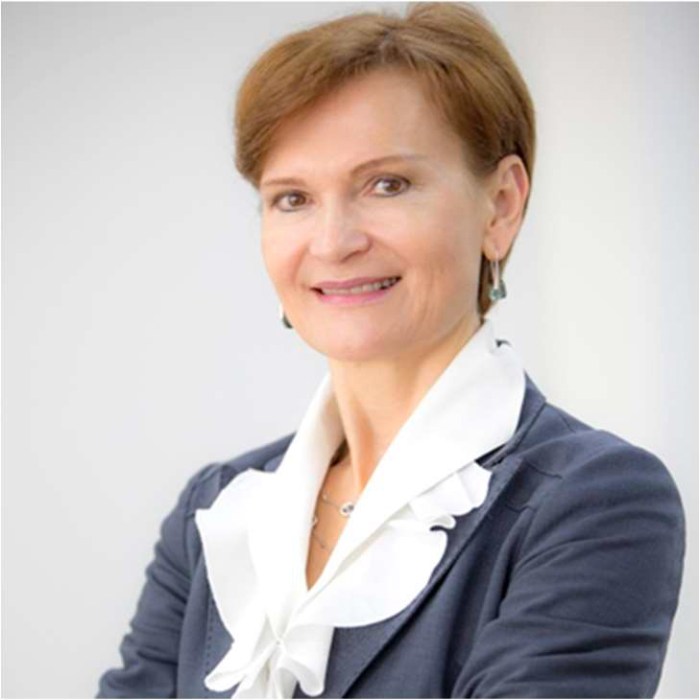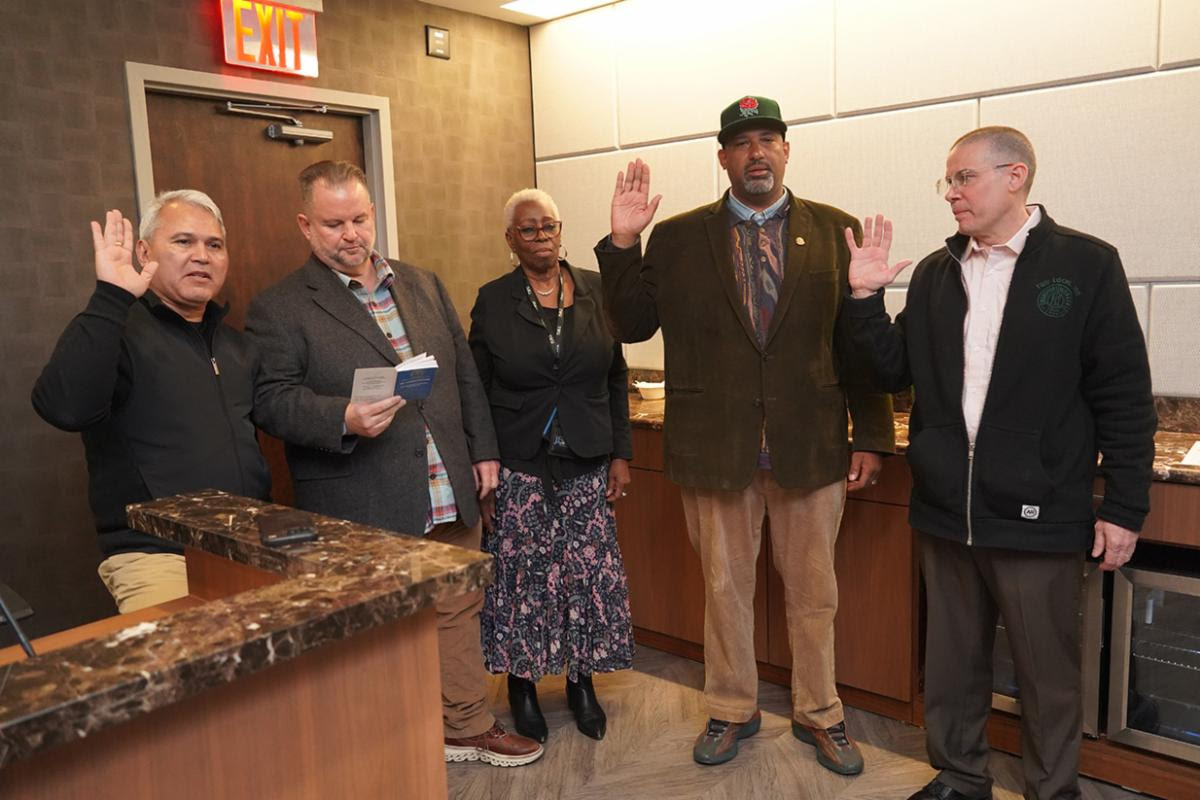If you are over 60 and have not heard of “white privilege,” then you may have lived it.
I currently live in an active adult community where most of us are white, upper middle-class professionals, with a smattering of Black residents, Asian residents and Latinos. I can’t speak for others, but I think my lifestyle has something to do with me being a white, college-educated, straight male who looked like my bosses throughout my career.
I know people who were less privileged who did as well or better than me. They, who made it, shared an ethic that if one studied, worked hard, saved money and invested along the way, one would do alright. A few managed to work their way into the top 2% (or higher) based on net worth. Some may have gotten some good breaks along the way or overcome significant obstacles to get ahead. Most now benefit when the stock market goes up and are immune to factors like the unemployment rate.
But what about the majority of others whose fate is directly tied to the other economy? They may be working two jobs to make ends meet if they were lucky to keep their jobs through the pandemic. Many of them are one medical emergency away from going under.
Many will never achieve the “American Dream” that my friends and I have, without some major changes in our government.
Our democracy has morphed into some form of plutocratic oligarchy, where the rich and powerful get richer and more powerful.
How do we fix our government when one third of the country hates another third of the country — and another third doesn’t seem to care? We still see red versus blue states, and mischaracterize capitalism and socialism. We have seemingly lost the will to accept our differences and help each other, and our candidates for office are out for themselves too much.
Things need to change to where elected officials understand what we want and where voting is encouraged, not suppressed. We need fair, non-gerrymandered voting districts so that people of color can vote. Wealth and special interests should not have so much influence on our policies as they do.
The “For the People Act” that has passed in the House of Representatives needs to become law so that the opportunities I enjoyed growing up become more of a reality for everyone. It needs to become easier to vote, not harder, so that all interests are represented so we can achieve the true “government of the people, by the people and for the people” that we were promised.
We all need to engage to make these things happen. Sitting on the sidelines is no longer an option.
John Darrow is a member of Seniors Taking Action, a group of activists who believe that political engagement is essential if democracy is to flourish.



























